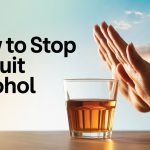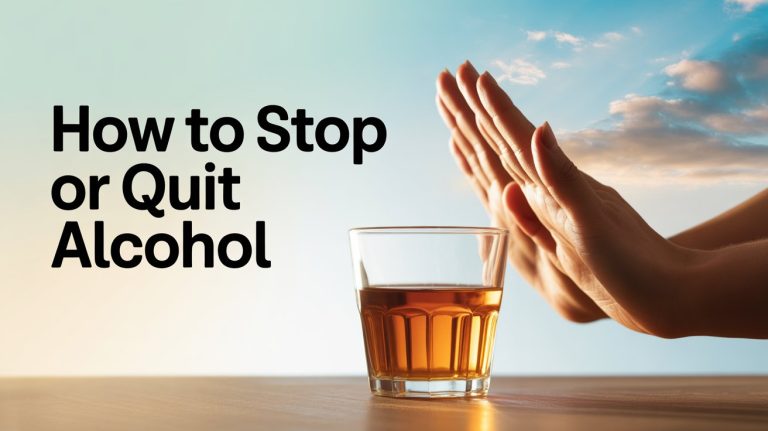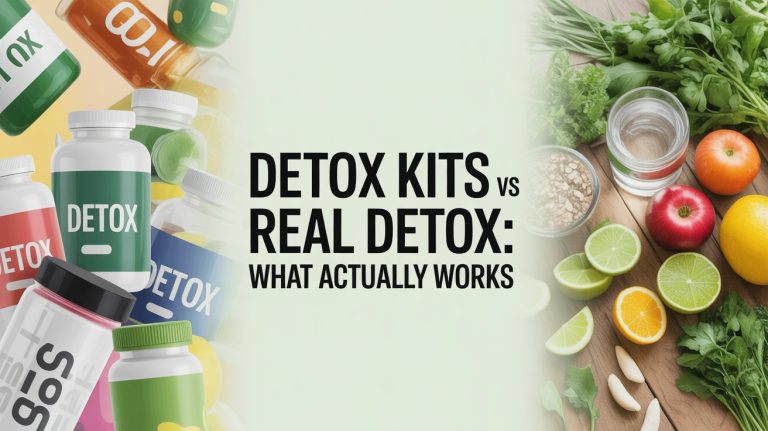Many people think of heavy drinking as part of American culture. Alcohol is available in many social situations like sporting events, happy hours, parties, and barbeques. The majority of adults in the United States drink alcohol from time to time. Many people grab a drink with coworkers, have a glass of wine or two with dinner, or have a beer at the end of the day regularly.
But frequently drinking too much, especially binge drinking, can cause significant harm to your short and long-term health. The effects of binge drinking show up in chronic health conditions, strained relationships, poor mental health, and increased risk of accidents and injuries.
Why do people engage in binge drinking and other forms of alcohol abuse? Some people may associate binge drinking with college students–but according to the Centers for Disease Control (CDC), people over 35 are responsible for about half of all binge drinking episodes.[1]
People may abuse alcohol for various reasons, including a genetic predisposition for addiction, peer pressure, or to self-medicate pain or emotional discomfort. While many believe that alcohol abuse is not as serious as other forms of substance abuse, binge drinking and heavy drinking can cause severe and life-threatening harm.
If you or someone in your life regularly drinks too much, uses alcohol to self-medicate, or engages in binge drinking, it’s time to seek the care and treatment you need to regain control over your life.
What is Binge Drinking?
According to the CDC, moderate drinking is not known to cause significant harm to your health or well-being. Moderate drinking is defined as one or fewer alcoholic drinks per day for women and two or fewer for men. A drink is defined as:[2]
- 12 ounces of beer
- 5 ounces of wine
- 8 ounces of malt liquor
- 1.5 ounces of distilled spirits
Regularly drinking more than the recommended amounts may raise your risk of developing certain medical conditions, engaging in risky behaviors, or being involved in a life-threatening accident.
The CDC and National Institute on Alcohol Abuse and Alcoholism (NIAAA) define binge drinking as drinking a large amount of alcohol in a short period. Five or more drinks in a short period are considered a binge for men. For women, four or more alcoholic beverages in a short period are considered binge drinking.
Binge drinking results in an elevated blood alcohol concentration (BAC). A person is considered too intoxicated to drive at 0.08% BAC. Most people exceed 0.08% BAC during a drinking binge.
Despite what is shown on TV or in movies, binge-drinking doesn’t always involve young adults or college students around a keg. If a woman were to have a drink after work, two glasses of wine with dinner, and a cocktail afterward, it could meet the criteria for binge drinking. Some drinks served in bars may contain more than one “drink” worth–for instance, a pint of beer (16 ounces) would be considered 1 ⅓ “drinks” by the CDC guidelines.[1]
For some, binge drinking may simply be part of their lifestyle. Others may engage in binge drinking without being aware of it. It’s essential to understand the current guidelines for healthy drinking and be mindful of the risks of alcohol abuse so that you can make informed choices about your health.
The Short-Term Dangers of Binge Drinking
Drinking can lead to short and long-term harm to your health. One of the most immediate dangers of binge drinking is that it can severely impair your judgment and put you at increased risk of immediate harm.
Being intoxicated during a binge increases the risk of:
- Accidents and injuries–falls, car accidents, hypothermia or heat stroke, etc
- Risky sexual behavior
- Loss of consciousness
- Alcohol poisoning
- Being the victim of sexual or physical assault
During a drinking binge, it’s common for people to do things they wouldn’t normally do. People may drive recklessly, fall down stairs, start fires, or get hit by cars. People can also lose consciousness in unsafe places and may be more likely to be involved in violent altercations or illegal activity.
People who are heavily intoxicated are a danger to themselves and others. They cannot be trusted to care for their own needs or well-being and should not be left responsible for children or others. Overdose is one of the most significant dangers of binge drinking. People who are intoxicated may drink enough alcohol to poison them without realizing it.
Over time, frequent binge drinking can lead to severe long-term consequences, including a life-threatening addiction to alcohol.
100% Confidential Support is Available 24/7
No matter what you’re going through, you’re not alone. Our dedicated team is here to provide a safe, judgment-free space where you can talk openly and honestly. Whether you need emotional support, resources, or just someone to listen.
We’re here for you—completely confidential and always respectful of your privacy. Call us today!
The Long-Term Dangers of Binge Drinking
People who binge drink or engage in other forms of alcohol abuse can face severe, long-term harm to their mental and physical health. Some of the most common long-term dangers of drinking too much alcohol in a short period of time include the following:
- Sexually transmitted disease
- Unintended pregnancy
- Brain damage
- Chronic diseases
- Alcohol dependence and withdrawal
- Alcohol use disorder
People who begin to abuse alcohol early in life may develop physical symptoms as early as their 20s and 30s, depending on the severity and frequency of their binge drinking. Some of the most common chronic health problems related to binge drinking include:[3]
- High blood pressure
- Liver disease
- Heart disease
- Cancer–esophageal, throat, stomach, colon, breast, and liver
Regular drinking binges can also increase the risk of alcohol-related deaths. People may experience brain damage related to binge drinking, which can impair their memory and other cognitive abilities. These impairments might be noticeable by the time someone is in their 20s if they had started drinking early in life.
It’s essential to seek alcoholism treatment as soon as you recognize that you have an unhealthy relationship with alcohol to avoid the short and long-term dangers of binge drinking, alcohol abuse, and addiction.
Contact Solutions Healthcare
Battling with Drug and Alcohol Addition? Remember, you are not alone and we are here to help you!
Find Help for Alcohol Abuse and Alcoholism Today
Are you concerned about the dangers of binge drinking and want to stop? Reach out to the Solutions Healthcare specialists to learn about starting one of our supportive alcohol addiction treatment programs today.






















